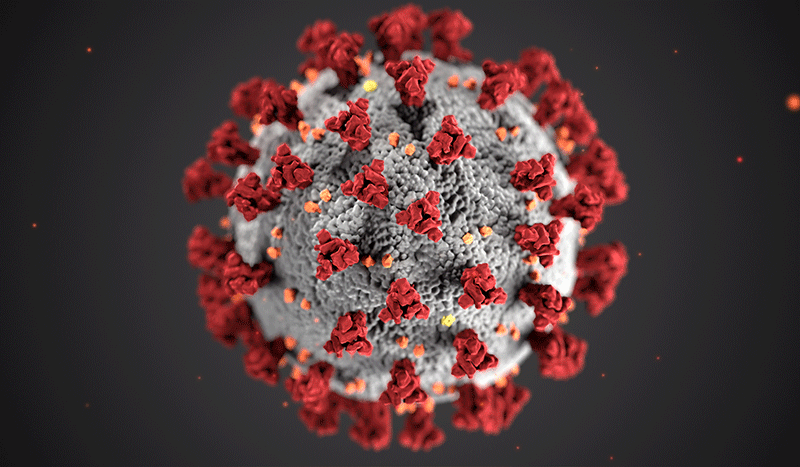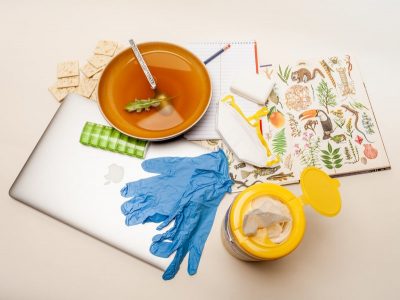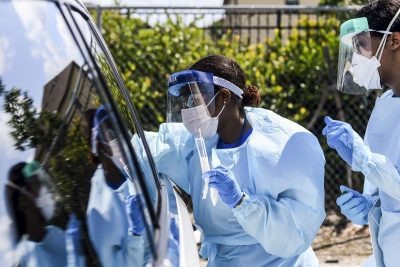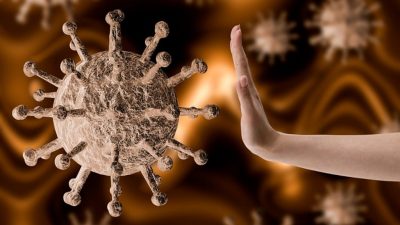One of the best ways to ensure that the air in your home is clean is to clean your air vents. The air ducts in your house contain millions of particles of dust, hair, dirt, pollen, spider webs, and other allergens. Cleaning your air vents will also save you money on heating and air conditioning. So read the tips listed below and learn about how you can clean the air vents in your house.
- Here’s what you’ll need:
- Heavy-duty vacuum
- Screwdriver
- Broom
- Cleaning Brush
Here’s what to do:
Turn off the power connected to the heating and air conditioning system.
Unscrew the air duct covers or grilles from the walls. Use your brush to clean the grates thoroughly. If they’re very dusty and grimy, you may want to use soap and water to make them gleam.
Vacuum the ducts as much as possible. Consider renting a heavy-duty vacuum for this purpose. The standard household vacuum isn’t powerful enough to clean deep into the crevices of the ducts. Make sure that the vacuum you rent has a long hose to reach deep into the ducts. This is important, as there may be mold and mildew growing inside the air ducts [source: Repair Home]. If you want the ducts to be cleaned more thoroughly, consider hiring a professional to do the job.
Clean the grilles in your ceiling. If you can’t reach them with the vacuum or screwdriver, use a broom to attack the dust. Remember that if you haven’t cleaned them for a long time, you will want to protect yourself from all the dust and debris that will fall down by wearing a dust mask.
EE&G HVAC DECONTAMINATION:
EE&G is a licensed Mechanical Contractor in Florida and Georgia and has a trained team designated to cleaning and sanitizing air conveyance systems to include air handlers, ductwork, and all air conveyance system components. EE&G uses State-of-the-Art equipment, work practices and a licensed, certified, and thoroughly trained workforce to clean and sanitize air conveyance systems.




